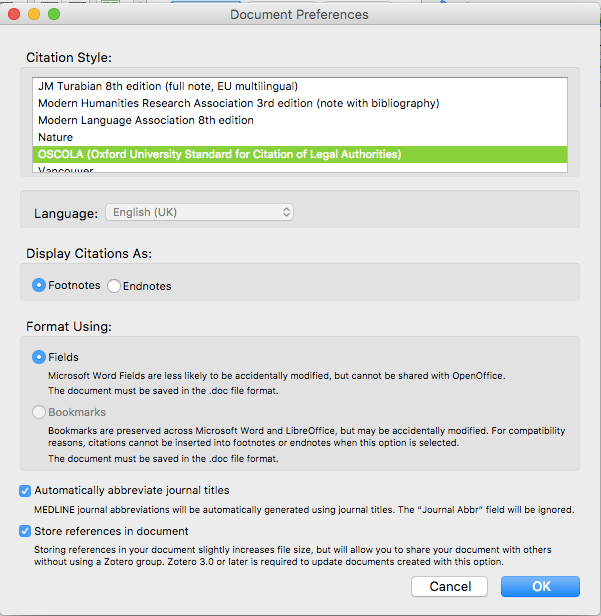

Schelling, T.: 1984, Choice and Consequence: Perspectives of an Errant Economist (Harvard University Press, Cambridge, MA) Rubinstein, A.: 2007, Instinctive and Cognitive Reasoning: A Study of Response Times, Economic Journal, 117, 1243–1259 Baron: 2002, The Preference for Indirect Harm, Social Justice Research, 15, 165–184 Wellman (eds.) The Blackwell Companion to Applied Ethics (Blackwell, Oxford, UK)

Norcross A.: 2002, Killing and Letting Die in R. Statman (ed.), Moral Luck (State University of New York Press, New York, NY) Nagel, T.: 1993, “Chapter 3” from Mortal Questions (Cambridge University Press), reprinted in D. Schell: 1992, Evidence for an Equality Heuristic in Social Decision Making, Acta Psychologica, 80, 311–323 The Public Opinion Quarterly, 45(2), 208–215 McFarland, S.: 1981, Effects of Question Order on Survey Responses. Slovic (eds.): 2006, The Construction of Preferences (Cambridge University Press, Cambridge) & trans.) (Cambridge University Press, Cambridge) Kant, I.: 1784, Groundwork of the Metaphysics of Morals, M.␣Gregor (ed. Tversky: 1979, Prospect Theory: An Analysis of Decisions Under Risk, Econometrica, 47(2), 263–291 Kahneman D.: 2003, Maps of Bounded Rationality: Psychology for Behavioural Economics, American Economic Review, 93(5), 1449–1475 Kagan, S.: 1989, The Limits of Morality (Oxford University Press, Oxford) Hauser M.: 2006, Moral Minds: How Nature Designed our Universal Sense of Right and Wrong (Harper Collins, New York, NY) Joseph: 2004, ‹Intuitive Ethics: How Innately Prepared Intuitions Generate Culturally Variable Virtues’, Daedalus, Special Issue on Human Nature, 55–66 Haidt J.: 2007, The New Synthesis in Moral Psychology, Science, 316, 998–1002 Haidt J.: 2001, The Emotional Dog and Its Rational Tail: A Social Intuitionist Approach to Moral Judgment, Psychological Review, 108, 814–834

Cohen: 2004, The Neural Bases of Cognitive Conflict and Control in Moral Judgement, Neuron, 44: 389–400 Cohen: 2001, `An fMRI Investigation of Emotional Engagement in Moral Judgement', Science 293, 2105–2108 Haidt: 2002, How (and Where) Does Moral Judgement Work?, Trends in Cognitive Sciences, 6, 517–523 Kahneman: 2002, The Psychology of Intuitive Judgement: Heuristics and Biases (Cambridge University Press, Cambridge) Emotion, Reason, and the Human Brain, 2nd Edition (Quill, New York, NY)Įlster, J.: 1999, Alchemies of the Mind: Rationality and the Emotions (Cambridge University Press, Cambridge)įoot, P.: 1978, “The Problem of Abortion and the Doctrine of the Double Effect” in: Virtues and Vices (Basil Blackwell, Oxford) Morris: 1984, Question Order Effect and the Measurement of Candidate Preference in the 1982 Connecticut Elections, The Public Opinion Quarterly, 48(3), 578–591ĭamasio A.: 1999, The Feeling of What Happens: Body and Emotion in the Making of Consciousness (Harcourt Brace, Orlando, FL)ĭamasio A.: 2000, Descartes’ Error. Rizzello: 2007, `Moral Dilemmas and Decision-Making: An Experimental Investigation of the Trolley Problem', MimeoĬohen J.: 2005, The Vulcanization of Human Brain: A Neural Perspective on Interactions Between Cognition and Emotions, Journal of Economic Perspectives, 19(4), 3–24Ĭrespi I., D. Prelec: 2005, Neuroeconomics: How Neuroscience Can Inform Economics, Journal of Economic Literature, 43(1), 9–64Ĭhelini, C., A. Daly: 1991, A Question Order Effect in a Local Government Survey, The Public Opinion Quarterly, 55(4), 640–642Ĭamerer C., G. Chartrand: 1999, The Unbearable Automaticity of Being, American Psychologist, 54(7), 462–479īaron J.: 1994, “Nonconsequentialist decisions” (with commentary and reply), Behavioural and Brain Sciences, 17, 1–42īaron J.: 1995, A Psychological View of Moral Intuition, Harvard Review of Philosophy, 5, 36–40īaron J.: 1997, The Illusion of Morality as Self-Interest: A Reason to Cooperate in Social Dilemmas, Psychological Science, 8, 330–335īaron J.: 1998, Judgement Misguided: Intuition and Error in Public Decision Making (Oxford University Press, Oxford)īenton E., J. Edition, Fathers of the English Dominican Province␣(trans.) (online at: )īargh J., T. Question Order Effect of Presidential Approval Ratings on Gubernatorial Approval Ratings: A Research Note, Social Forces, 69(4), 1241–1248Īnscombe G.


 0 kommentar(er)
0 kommentar(er)
